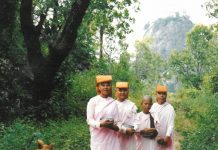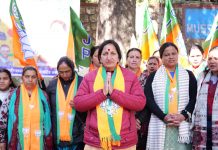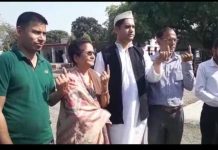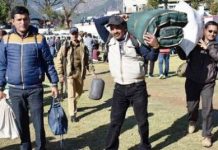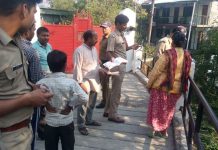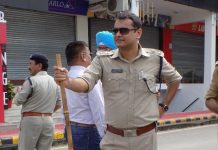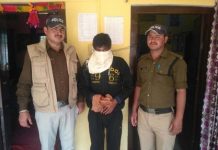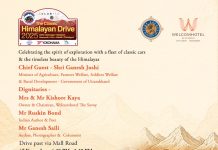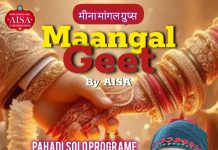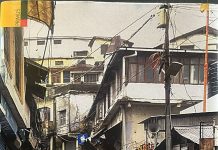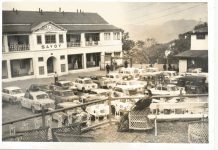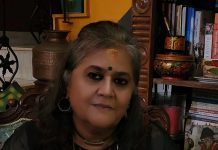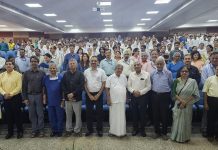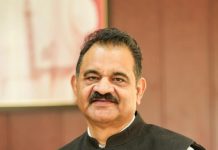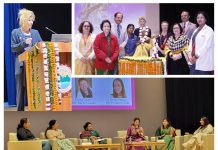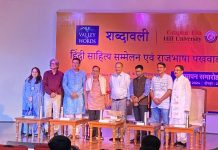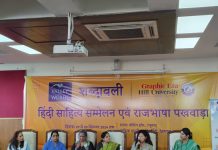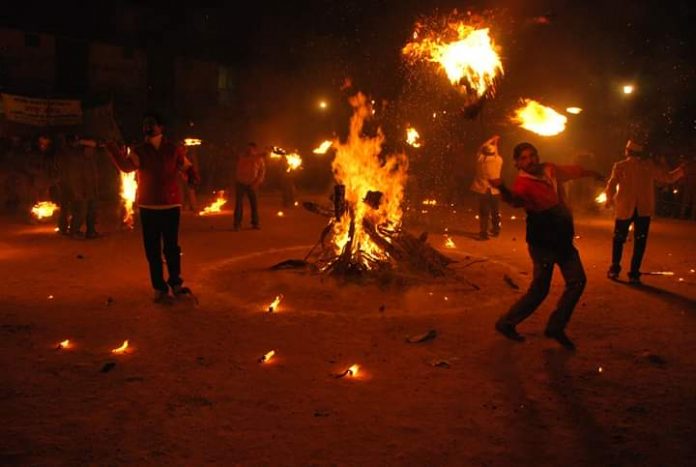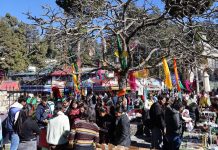Kolti, Exactly a month after Deepawali is celebrated in the plains of India, the people of Jaunpur & Jaunsaar of Uttarakhand ring in Bugwaal, a traditional Diwali being kept alive in a little over hundred villages in the region.
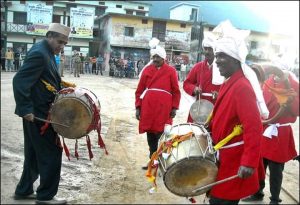
This traditional Diwali/bugwaal holds a special place in the hearts of the hill folks. Folklore has it that Bugwaal is the celebration of the home-coming of legendary warrior of Maletha, Srinagar-Garhwal Madho Singh Bhandari and his retinue after sealing the borders of Garhwal.
Today the people and these hills continue to celebrate with equal fervour as they turn out in their fineries as young and old, men and women sing, dance and light the bhayloo made from the bark of pine trees.
For most of the women who assemble in the village courtyard of Kolti to enjoy the three day fest, this is an annual pilgrimage to their Maith or maternal home, as Sarita Panwar speaks for all, “Our Diwali is exactly one month after the Diwali in the plains. Married girls return to their mother’s home to celebrate this festival…we get-together, shop, sing, cook and make memories that see us through to the next year.”
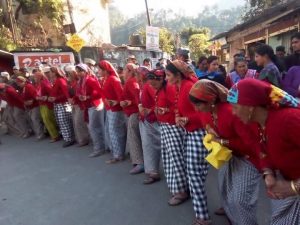
Megh Singh Kandhari, a social activist from the Jaunpur region adds, “these three day festivities is something we all look forward to. We celebrate Bhandh the first day, followed by Baraj and then Holday/bhyaalo (pine bark) are lit. Traditional food items such as kavalle Pakoray (fritters) and askey are distributed amongst families.”
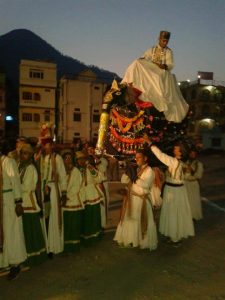
While this tradition has been forgotten by the youth, an elder of the village, Tikaram Baderi laments, “times are changing, most of our youth are off to the Great Indian Plains in search of a job. While many cant make it home to celebrate Bugwaal, those left behind lack the fervour, it is only a matter of time when the next generation will forget the ways of the ancients.”
As the winter sun, sets behind the hills, men and women come out of their homes to gather in the courtyard swaying and singing lost to the rhythm of the dhool and damau, with just music and the sacred bhayloo for company.

